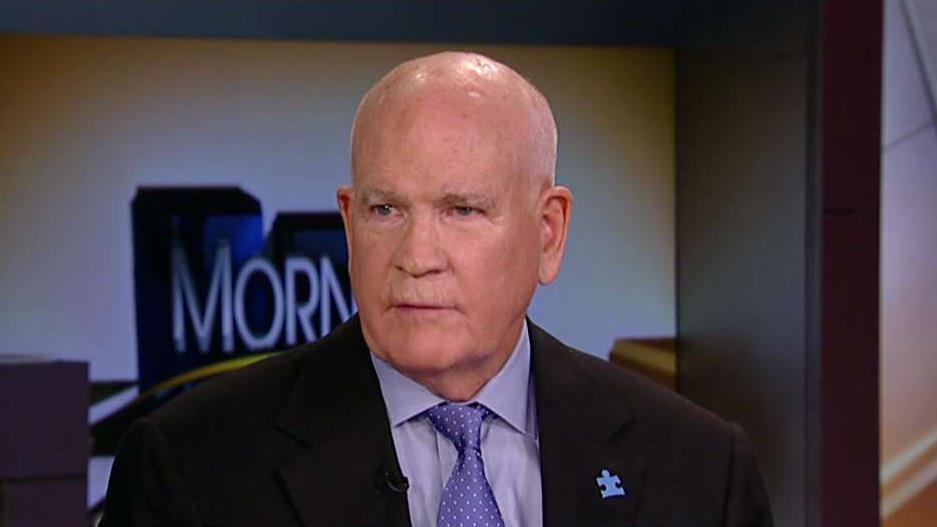Trump can deliver medical breakthroughs with one move
There are more than 9,000 known human diseases, yet there are treatments for only 500 of them. That includes the thirty million people in the United States who suffer from a rare disease—half of whom are children. That’s unacceptable and we need bold action from President Trump and his Administration to revolutionize how we attack disease. It is time to leverage our vast taxpayer-funded federal research assets with state-of-the-art technologies to deliver medical breakthroughs for the millions of patients in this country, and their families, who need them.
Through its $37B annual budget, the National Institutes of Health (NIH) funds research that is critical to building foundational knowledge. But the current path from basic science to applied research to commercial viability is too slow. Research is not getting to patients fast enough. A Health Advanced Research Projects Agency (HARPA), modeled after DARPA, the DoD’s Defense Advanced Research Projects Agency, would de-risk the marketplace and accelerate discoveries. DARPA is the gold-standard for innovation and accountability. Following the DARPA model, HARPA would be a bold new approach to federal research.
In 1958, President Eisenhower established DARPA at a critical time in our nation’s history. Following the launch of Sputnik, its mission was to make pivotal investments in breakthrough technologies for national security. DARPA’s transformational developments include the Internet, GPS navigation, night vision, robotic prostheses and stealth technology. In recent years, the DARPA model has been replicated with great success in the intelligence, homeland security, bioterrorism, and energy fields. The U.S. spends more than $3.3T on healthcare annually. Remarkably, this results-driven framework does not exist for federal biomedical and health research.
By establishing HARPA, President Trump has an historic opportunity to achieve breakthroughs in previously incurable diseases. HARPA garners broad bipartisan support. Future generations would look back on this Presidential action as one of the Trump Administration’s greatest legacies.
DARPA’s success proves there is an effective government model for translating science to product. HARPA would employ DARPA’s operating principles, including:
- High-impact investments made on a contract—not grant—basis;
- Firm performance milestones for every program, creating strict accountability;
- A limited term for each program manager, driving a constant flow of new ideas;
- A flat, nimble structure to ensure efficiency;
- Integration of private sector partners and federal regulatory agencies at the start of the planning process.
With an autonomous structure, HARPA would be singularly focused on rapid translation of existing biomedical opportunities into patient-care capabilities. The HARPA ecosystem would include the commercial market; biotech and healthcare companies; venture capital and philanthropy; academic institutions; and government and regulatory agencies. HARPA would exist within Health and Human Services (HHS) and would be synergistic with existing federal research efforts, not duplicative or competitive. Advancements in biotechnology, supercomputing, big data, and artificial intelligence would be put to work to cure disease.
Pancreatic cancer is one example of the current system’s limitations to address deadly diseases with urgency. Take the sobering fact that ninety-one percent of pancreatic cancer patients die from the disease. There are no reliable early detection tests and no curative treatments. Nothing has changed in more than forty years. President Trump has shown his commitment to approaching old problems with new solutions. We need this same commitment to drive medical breakthroughs for the millions of Americans who are waiting. The time for HARPA is now.
Bob Wright is Founder and Chairman, The Suzanne Wright Foundation; Co-Founder, Autism Speaks and former Vice Chairman, General Electric & Chairman, NBCUniversal.
Geoffrey Ling, MD, PhD, Colonel (ret.) is Professor of Neurology and Attending Neuro-Critical Care Physician, Johns Hopkins Hospital and Founder and Former Director, DARPA Biological Technologies Office.
